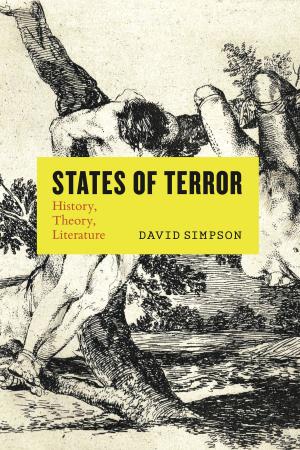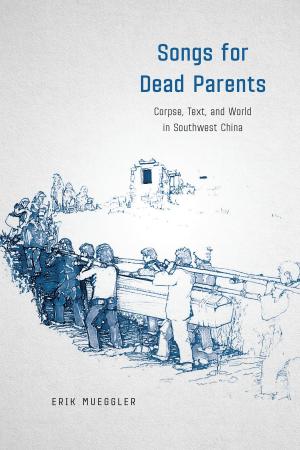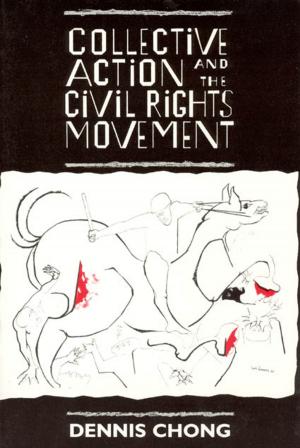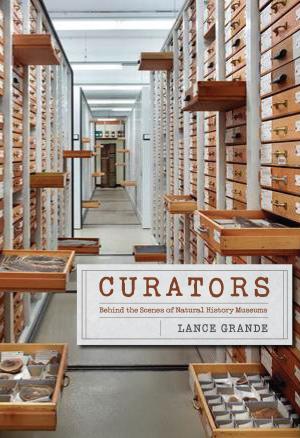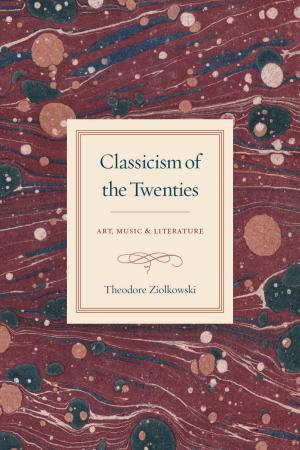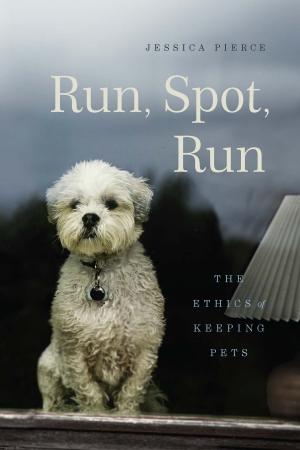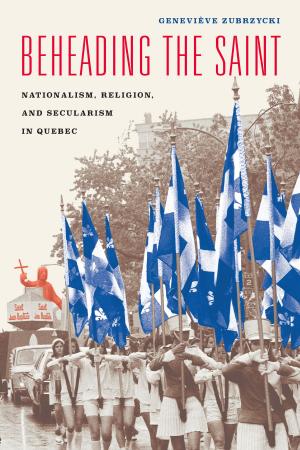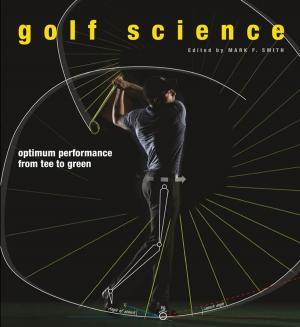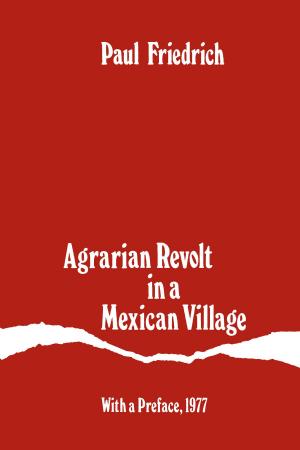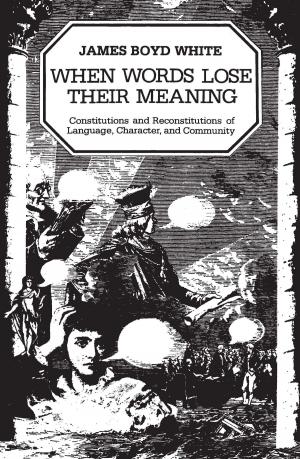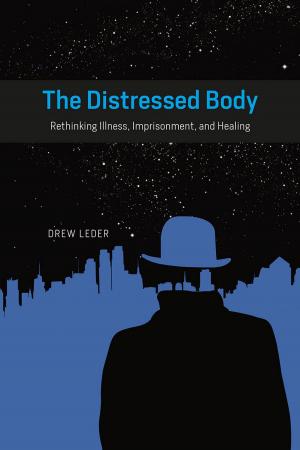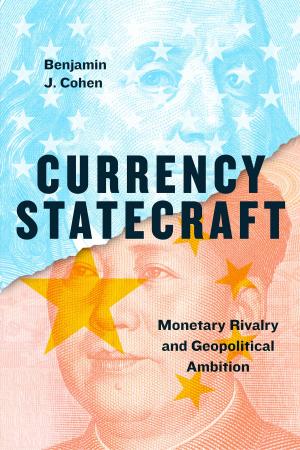Singing in the Age of Anxiety
Lieder Performances in New York and London between the World Wars
Nonfiction, Entertainment, Music, Theory & Criticism, History & Criticism, Reference| Author: | Laura Tunbridge | ISBN: | 9780226563602 |
| Publisher: | University of Chicago Press | Publication: | July 11, 2018 |
| Imprint: | University of Chicago Press | Language: | English |
| Author: | Laura Tunbridge |
| ISBN: | 9780226563602 |
| Publisher: | University of Chicago Press |
| Publication: | July 11, 2018 |
| Imprint: | University of Chicago Press |
| Language: | English |
In New York and London during World War I, the performance of lieder—German art songs—was roundly prohibited, representing as they did the music and language of the enemy. But as German musicians returned to the transatlantic circuit in the 1920s, so too did the songs of Franz Schubert, Hugo Wolf, and Richard Strauss. Lieder were encountered in a variety of venues and media—at luxury hotels and on ocean liners, in vaudeville productions and at Carnegie Hall, and on gramophone recordings, radio broadcasts, and films.
Laura Tunbridge explores the renewed vitality of this refugee musical form between the world wars, offering a fresh perspective on a period that was pervaded by anxieties of displacement. Through richly varied case studies, Singing in the Age of Anxiety traces how lieder were circulated, presented, and consumed in metropolitan contexts, shedding new light on how music facilitated unlikely crossings of nationalist and internationalist ideologies during the interwar period.
In New York and London during World War I, the performance of lieder—German art songs—was roundly prohibited, representing as they did the music and language of the enemy. But as German musicians returned to the transatlantic circuit in the 1920s, so too did the songs of Franz Schubert, Hugo Wolf, and Richard Strauss. Lieder were encountered in a variety of venues and media—at luxury hotels and on ocean liners, in vaudeville productions and at Carnegie Hall, and on gramophone recordings, radio broadcasts, and films.
Laura Tunbridge explores the renewed vitality of this refugee musical form between the world wars, offering a fresh perspective on a period that was pervaded by anxieties of displacement. Through richly varied case studies, Singing in the Age of Anxiety traces how lieder were circulated, presented, and consumed in metropolitan contexts, shedding new light on how music facilitated unlikely crossings of nationalist and internationalist ideologies during the interwar period.

